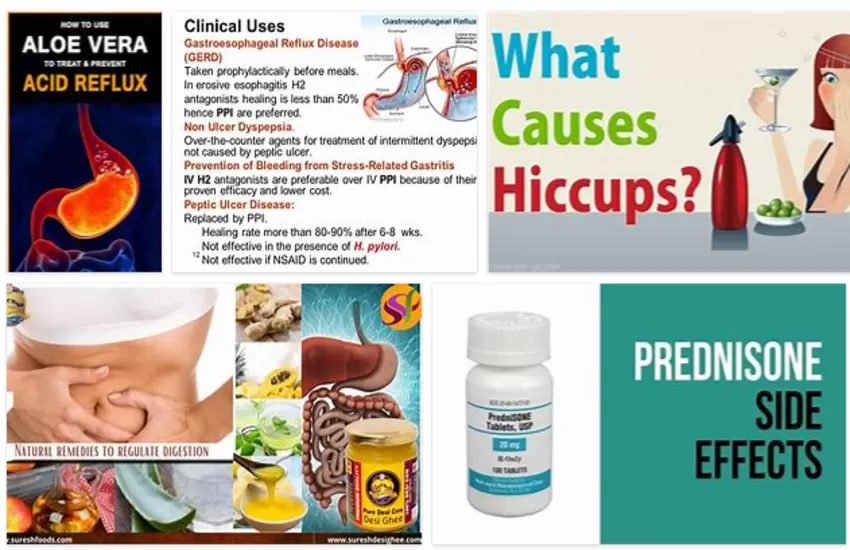Can Steroids Cure Acid Reflux Or Are They Just Like Extra Water?

Stroboscopic liposuction, also called suction-assisted laser lipo surgery, is a type of cosmetic surgery that removes fatty deposits and other abnormal tissue from the body without the use of general anesthesia. Liposuction works on the principle that the body has its own mechanisms for removing excess fat deposits. The main areas where liposuction can be used are hips, thighs, buttocks, abdominal muscles, back, shoulders and facial areas. There are basically two types of liposuction procedures: One is called selective liposuction, and the other is called universal liposuction. A selective liposuction is done by making an incision in strategic places and using liposuction tools such as cannulas, ultrasound beams, microsurgical tubes and ultra sound waves. On the other hand, a universal liposuction technique makes use of similar tools but without the need to make an incision.
A steroid is an naturally occurring, biochemically active natural compound comprising three rings linked together in a unique molecular structure. The most popular steroids are nonsteroidal anti-inflammatory drugs (NSAIDs), and steroid treatments for arthritis, osteoporosis, rheumatoid arthritis, viral infections and multiple sclerosis. Steroids have two primary biological roles: As essential elements of cell membranes that change membrane fluidity, and as signal molecules that cause cell injury. Many health conditions, including chronic inflammation, kidney disease and cancer, are the result of too much inflammatory activity within the body.
To reduce swelling after surgery and repair damaged tissues, steroids stimulate the production of new cells within the bloodstream and restore normal blood flow to damaged areas. To achieve this end, doctors commonly prescribe long-term steroid use, sometimes for years. Long-term use of steroids is associated with several side effects, including the development of a condition called steroid addiction. For this reason, steroids should never be used as a short-term cure for any medical condition called hyperplasia. Long term steroid use should only be considered as a temporary or emergency measure when all other treatments have failed. In addition, steroid users must abstain from alcohol and other drugs that might further increase the potential for liver damage during treatment.
What is a Stomach Fluid, and is it Related to Athletic Performance?
There are many things that can cause death or disability if you ingest the toxic chemical, hydrochloric acid (HCl). Hydrochloric acids include acids used in the process of manufacturing paper, food packaging, medicine, leather goods, petroleum products, rubber and other industrial chemicals. As well, hydrochloric acids are used in the manufacturing process for drying clothes and woodwork. Another dangerous chemical, hydroquinone, is derived from plants. Hydroquinone can be found in tanning lotions, nail polish, sunscreens and hair color. It can be carcinogenic and is banned in some countries.
What exactly do steroids cause hormone problems with? When teenagers use steroids, especially corticosteroid type hormones like Prednisone, they increase the amount of human growth hormone in their body. This hormone controls metabolism, fat accumulation, water retention and other factors that contribute to excess weight. In fact, steroid users may suffer from the same obesity-related problems as obese adults.
How do steroids affect a man's sex hormone testosterone? Testosterone is the primary male sex hormone. As a boy grows into puberty, testosterone is responsible for producing a boyish figure, muscles, and bone mass. As a man ages, testosterone levels drop off because it is converted to estrogen. An aging body is more prone to developing conditions related to decreased libido, decreased sex drive and moodiness.
Can STEROIDS cause depression? Yes, in rare cases. The most common side effects of steroids are depression, aggression, irritability, headaches, joint pain, insomnia, fluid retention and changes in mood (as seen in patients taking anabolic steroids). Usually, persons who take them to treat these conditions should not be treated with them if they have heart disease or a history of depression.
Are there any side effects of STEROIDS and how do athletes deal with them? It depends on the dose taken, the duration taken and the type of steroids used. Long term use can result in kidney failure and/or progressive kidney failure. High doses of STEROIDS may also decrease the effectiveness of anabolic steroids in promoting athletic performance (e.g., strength and muscle gains). Athletes should also avoid using STEROIDS if they are allergic to testosterone or if they suffer from benign prostatic hyperplasia. They should also avoid using STEROIDS if they have undergone surgery to treat prostate cancer or if they smoke or drink.
As you can see, there is some serious danger when it comes to steroid use. However, there is some good news as well. Many of the side effects of STEROIDS can be prevented if the patient only uses them under strict medical supervision and when other alternatives such as herbal remedies, regular exercise, low fat diets, and proper rest are used in addition to their use of steroids. If you suffer from a condition called arteriosclerosis, hypertension, diabetes, enlarged liver, jaundice, high cholesterol, high blood pressure, or low blood sugar, you should see your doctor as soon as possible to discuss alternative treatment options.








